Switzerland wants EU deal except its biggest party
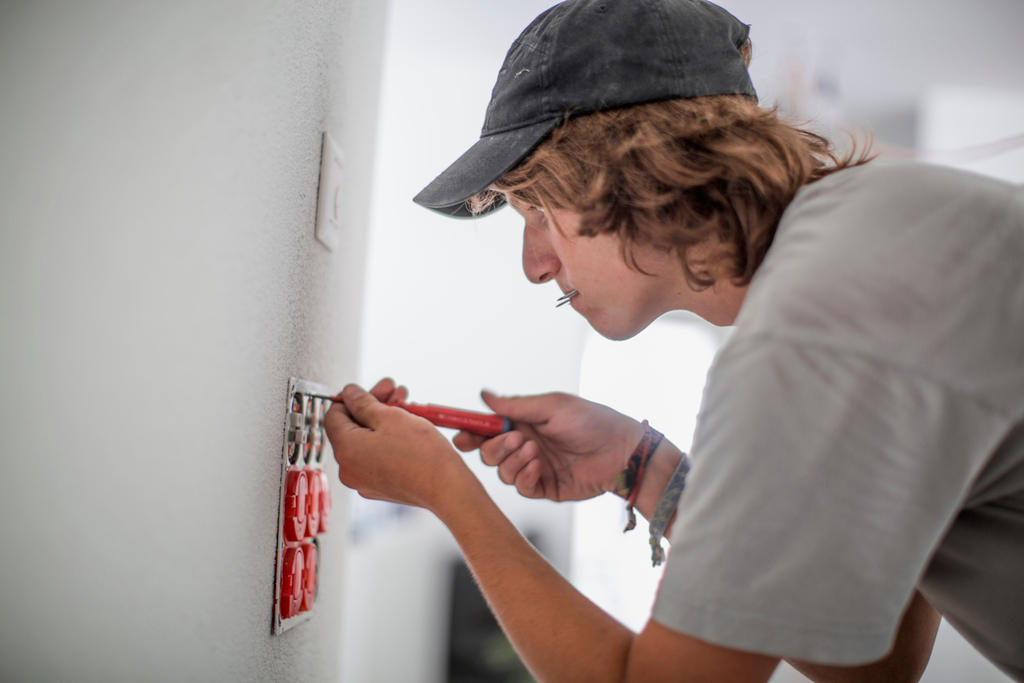
Almost two-thirds of Swiss want Switzerland to hammer out a framework agreement with the European Union. Supporters of the rightwing Swiss People’s Party are the only ones who do not support the move – but not uniformly. As a poll shows, almost 20% of the party are dissenters.
These results come from the latest Swiss Broadcasting Corporation (SBC) electoral barometer, which was published on Wednesday.
Since 2014, talks have been taking place to formalise relations between Switzerland and the EUExternal link, now covered by around 100 separate accords. The Swiss government is set to spell out its strategy on Friday for the future of the talks.
The issue of “foreign judges” – who would be granted power of decision over Swiss laws in case of a Swiss-EU dispute – used to be the biggest sticking point in the framework agreement debate. But now accompanying measures for wage and worker protection, to cushion the effects of the free movement of people, are the problem.
The main driver behind this change? Swiss Foreign Affairs Minister Ignazio Cassis. He has prompted a public debate by calling into question what he called “red lines” in the negotiations, such as the eight-day rule, a registration period which applies to craftsmen, construction workers and other professionals from the EU. This triggered sharp criticism from unions.
Some 59% of those polled in Switzerland were in favour of the government negotiating a framework agreement with Brussels, answering “Yes” or “Probably yes”; 38% said “No” or “Probably no”.
The biggest show of support for the framework agreement is among members on the left of the political spectrum: the Social Democratic Party (86%), followed by those from the Liberal Greens (82%), and the Green Party (79%).
On the centre-right, 76% of Radical Party supporters agreed with the move. It was a similar story among the Christian Democrats (75%).
But the rightwing Swiss People’s Party was the opposite: 81% were against the government going down the framework route. But, surprisingly, 17% of People’s Party voters actually wanted agreement negotiations.
There was marginally more support among women (62%) than men (58%). Backing was practically the same across all age groups: among 18- to 25-year-olds it was 60% and for both 35- to 55-year-olds and the over 55s, it was 59%.
Breaking down the results by region, the greatest support came from the French-speaking part of Switzerland with 66%, followed by the German-speaking part at 59%. But in the Italian-speaking canton of Ticino there was a 55% no to framework agreement talks.
There was once again confirmation that the higher the level of education, the higher the backing. Among those with higher education, support was 75%, but among those who had obligatory school education or an apprenticeship, it dropped to 54%, nevertheless still a small majority.
The framework agreement
The European Union has for years been pushing Switzerland to conclude a framework agreement, with pressure having ratcheted up recently.
Switzerland wants to keep to its usual bilateral agreement route.
The framework agreement is a key topic in both domestic and foreign policy – and there is a parliamentary election coming up in October 2019.
The deal is aimed at giving Switzerland access to the single market. This is accompanied by a set of EU rules. This means Switzerland would be obliged to automatically adapt to EU law in four areas. Previously new EU laws required fresh negotiations.
The four areas are: legal developments, supervision, interpretation and dispute settlement.
The Swiss Peoples Party is fighting the framework agreement with an initiative that says that “foreign judges” would undermine Swiss sovereignty and get rid of Swiss direct democracy.
The Electoral Barometer polling was carried out from September 13-18, 2018, with almost 12,200 Swiss voters questioned.
It was conducted by the Zurich-based research institute SotomoExternal link online, on behalf of the Swiss Broadcasting Corporation, swissinfo.ch’s parent company.

In compliance with the JTI standards
More: SWI swissinfo.ch certified by the Journalism Trust Initiative

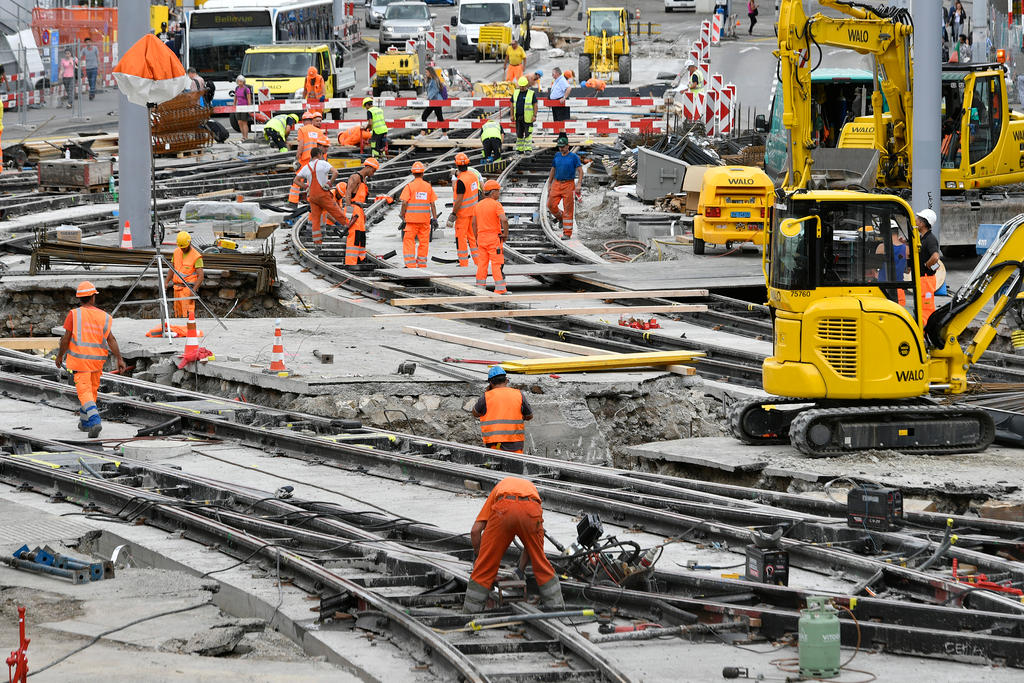
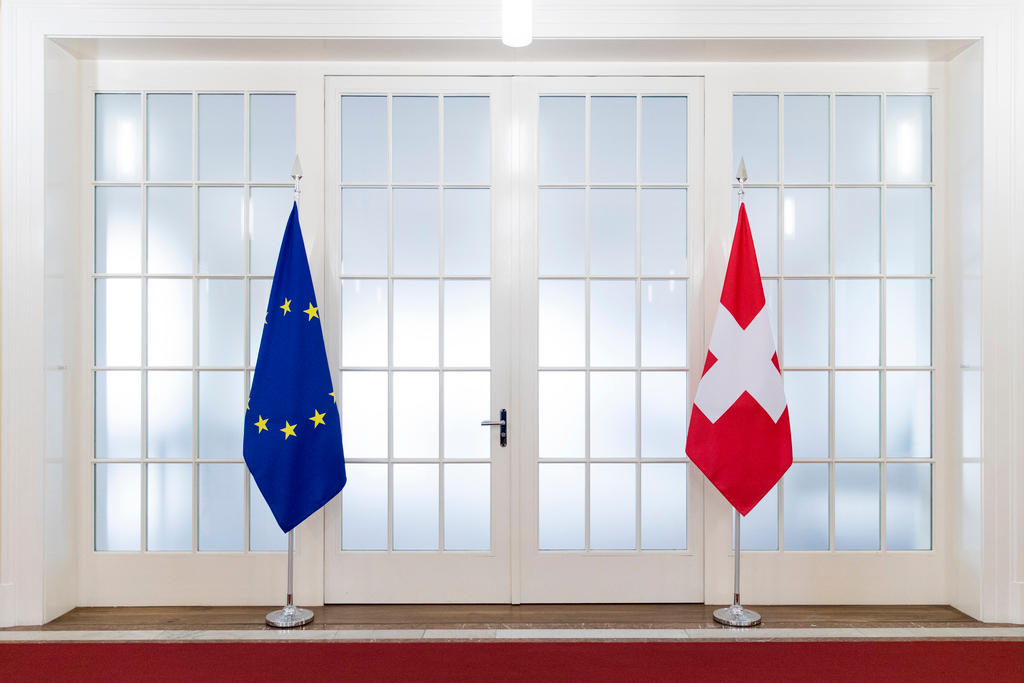
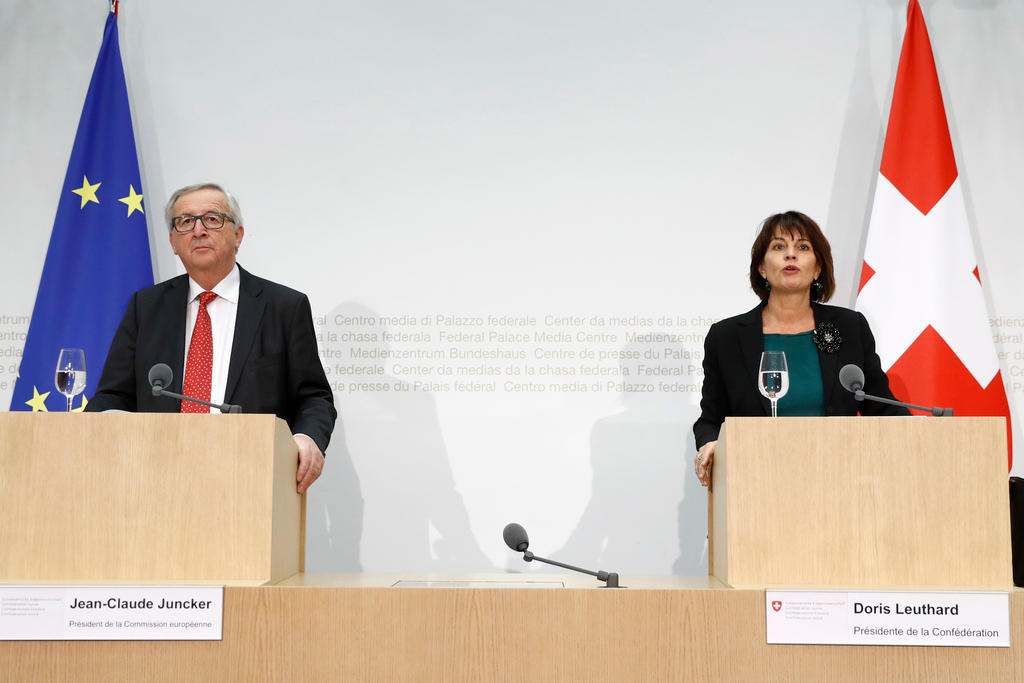
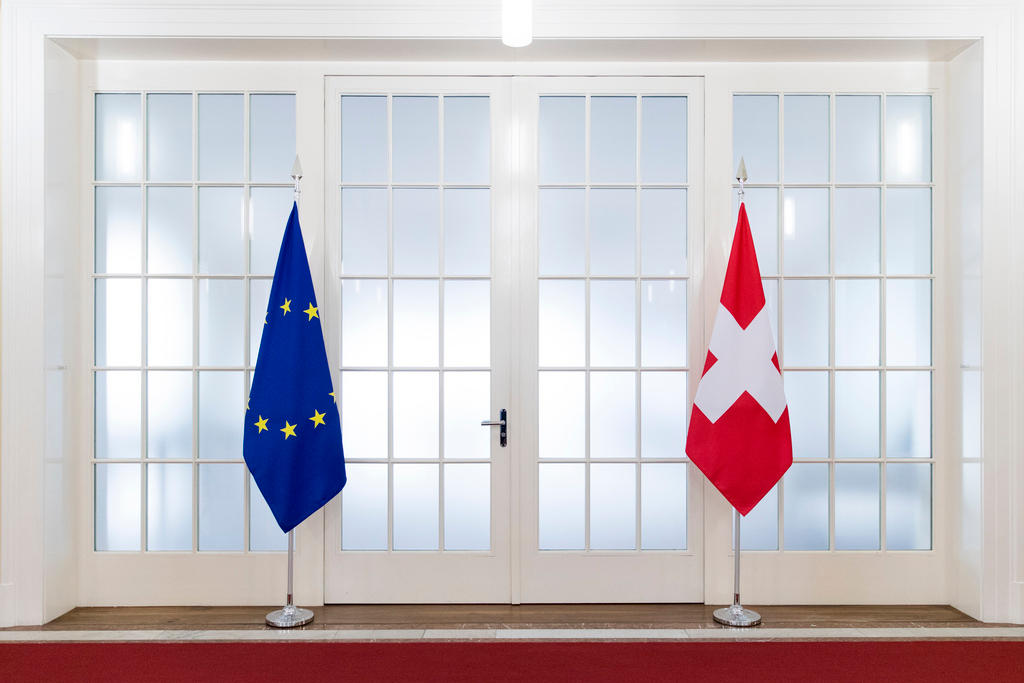
You can find an overview of ongoing debates with our journalists here. Please join us!
If you want to start a conversation about a topic raised in this article or want to report factual errors, email us at english@swissinfo.ch.